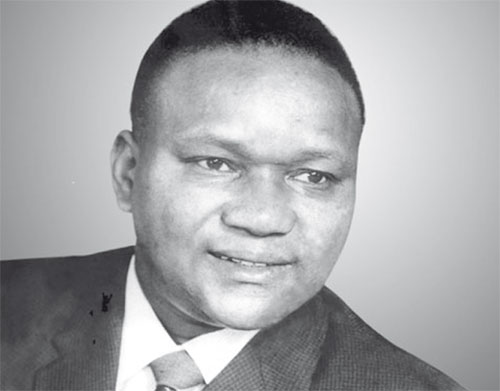Born in 1920 in Kirundo, near Ryakasinga in the present-day Sheema district, Constantine Baranga Katiti was a polished politician, educator, sportsman, and author.
Even when the current generation may not know much about him, those who interacted with the generations that witnessed his prowess in the fields of academia, culture, and politics still talk about Katiti as a man of many hats.
Katiti, an educator and author, was a man who made a great contribution to the many people he interacted with during his time of service.
He was a mathematics teacher at Mbarara High School and later became its first Ugandan headmaster in 1953 (to 1958) after the departure of the last British head teacher, Clement Pain.
As an author, Katiti authored the famous Ishe Katabazi, a legend popular among the Banyankore and Bakiga.
He also wrote several books that taught young children in Ankore elementary and primary schools how to read in their local language.
Katiti, a seasoned politician, was a major factor in his native Bushenyi district becoming a UPC stronghold in the 1960s and 1980s, together with Basil Bataringaya.
In 1958, he was elected to represent the Ankore constituency in the National Legislative Council (LegCo), becoming one of the first Ankole representatives in the national assembly.
Later in the 1960 general elections, he won the Sheema constituency elections by a large margin.
Katiti served on the Constitutional Committee, which drafted the 1962 Constitution, paving the way for Uganda’s independence from colonial rule after being appointed the local government permanent secretary, shortly becoming the local government deputy minister, and later as culture and community development minister.
According to Prof. Kamuntu, in collaboration with other leaders of Ankore, such as Kesi Nganwa, a Kingdom official, Katiti promoted the welfare of the region when they started the Banyankore Kweterana Cooperative Union in 1953.
This same union played a great role in improving the welfare of the masses through the collective marketing of produce such as coffee, tea, and legumes, whose returns were used to educate children.
On the side of sports and culture, Katiti promoted the traditional dances known as “The Heart Beat of Africa”.
“As a culture and social development minister, under which the sports portfolio fell, Katiti, himself a former sportsman, is said to have led a delegation to China to negotiate the building of a new national stadium at Namboole, now known as Mandela National Stadium,” Kamuntu added.
Katiti was a marathon runner and an outstanding student who was always among the top students in his class.
Katiti passed away 51 years ago, but his legacies still precede him according to his selfless sacrifice to mankind in his 52 years of life on earth, according to Kamuntu.















